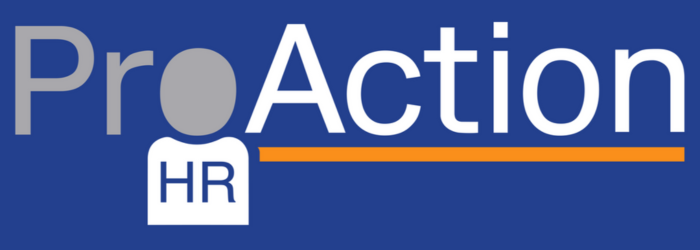How Important is Employer Branding For Your Business?
The ability to attract and retain the best talent is key for any organisation, but never more so than now. Creating a clear employer brand will allow you to stand out from the competition in a very candidate-driven market.
Employer branding will help you hire new employees, create a strong company culture and build loyalty with your existing staff and can even reduce marketing costs. Having a reputable employer brand is a must for an organisation’s HR strategy because it will allow you to recruit the ’best-fit’ candidates, reduce hiring time and cost, and improve productivity and your bottom line.
What is an employer brand?
An effective employer brand is about clearly and authentically communicating your organisation’s values, personality and culture. And it affects every touchpoint, from first awareness to recruitment through to the full onboarding process. It then extends to every aspect of an individual’s employment including; training and development, support networks, the development of career paths and benefits and incentives, right through to their exit from the organisation and beyond.
A well-rounded, compelling employer brand will consider all of the stages of the employee lifecycle.
The benefits of a strong employer brand
A clear and defined employer brand offers significant benefits to your organisation. In challenging recruitment markets where competition for the best talent is fierce your employer brand will:
Improve application rates and put your company in the enviable position of having a wide pool of talent to choose from.
Help keep your organisation top of mind with potential recruits.
Allow your company to stand out in a crowded market.
Offer compelling reasons to join your company rather than going elsewhere.
In companies where values, personality and desired behaviours are deeply embedded an organisation is also likely to benefit from increased engagement from their current staff. Good employee engagement and motivation has been shown to result in greater productivity and higher retention rates – all of which contribute to retaining skills and knowledge, and ultimately improving your bottom line.
Increased engagement will also help build employee loyalty reducing the risk of losing your best people to competitors, so avoiding the financial implications of recruiting and onboarding their replacements.
With such significant benefits associated with creating a compelling employer brand, we would say it’s definitely something to focus on as we go through 2022.
Developing your employer brand
Key considerations:
What are the most attractive and compelling attributes of the organisation to both current and potential employees?
What roles within the company are most critical to your success and what do you need to do to attract and retain the best talent in these areas?
What are the typical characteristics and attributes of current employees and what are their future requirements?
What are the current perceptions of working within the organisation? How are they affecting your ability to recruit top talent?
With a clear understanding of these, you can then define what you would like your employer brand to look like and the steps required to get there, giving you a clear employer brand strategy.
Who is responsible for your employer brand?
Typically, “ownership” of employer brands often falls to HR, but the reality is that everyone in the organisation is responsible for your employer brand and that starts at the top – particularly your senior management team.
Employer brands cannot be forced onto employees; they have to be true and accurate and reflect how your organisation treats its people. That means true employee engagement only happens if the brand is embedded into the culture of the organisation, is lived and breathed by everyone and underpinned by a leadership team that leads by example. It’s key to remember this level of employee engagement doesn’t just happen overnight though.
If it’s clear the management team don’t believe in the brand values, even the very best internal communication campaigns won’t be able to instil a change in culture throughout the company.
Attracting new talent
Whilst it is widely recognised that in order to attract people organisations need to promote their strongest attributes, what many fail to recognise is that they may be fighting a losing battle if the pre-existing perceptions aren’t addressed.
Consider every encounter a job seeker may have had with your organisation – these previous encounters will have already created an impression of your brand and could potentially determine whether they decide to apply for a role or not. It is also a given that a potential applicant will research your company, look at the careers section of your website, or tap into the experiences of others via social media. So, it’s crucial the information you provide, or the experiences of others, support your core messages. Make time to:
Focus on more than just technical requirements in job adverts.
Consider why a role would be attractive (culture/work-life balance/benefits/progression)
What makes your organisation more appealing than other companies goes a long way to developing a strong employer brand.
Quick tips to strengthen your employer brand:
Promote culture and rewards
Show what success in the organisation looks like
Introduce current employees
Ensure the careers section of your website reflects the brand to its full potential
Promote awards and accreditations such as ‘Top 100 employers’ or ‘Investors in People’
Demonstrate a commitment to Corporate Social Responsibility
Promote your commitment to career development and training
Give your brand personality by showing ‘real’ aspects of working for your organisation
If you would like to discuss your employer brand as 2022 looks to be a challenging year for both recruitment and retention
then please get in touch. Email info@proaction-hr.co.uk or call us on 01962 217 338.


